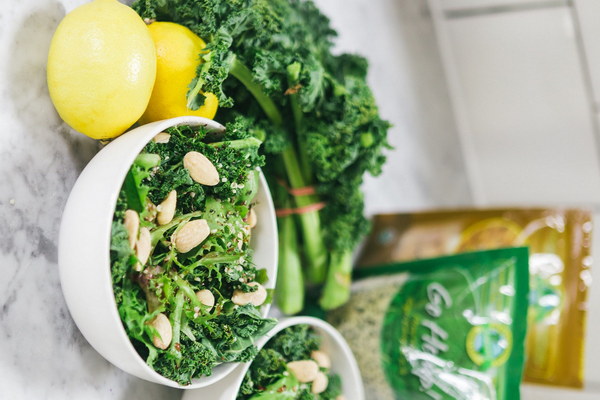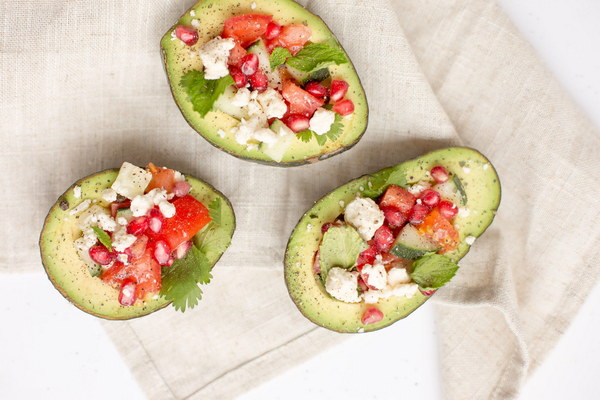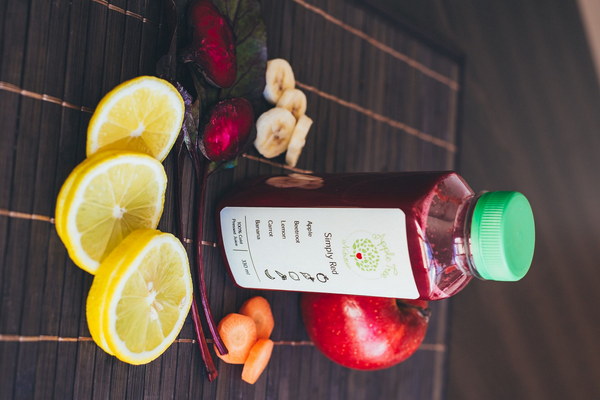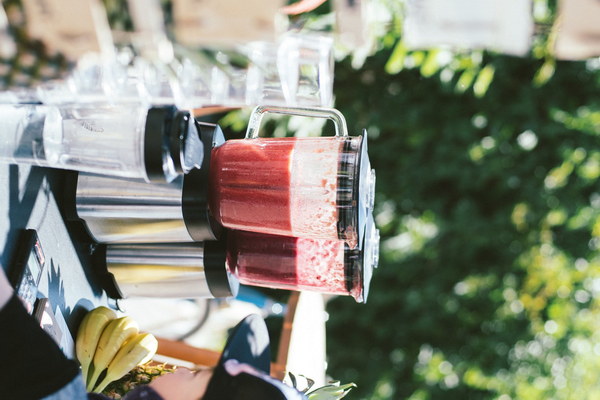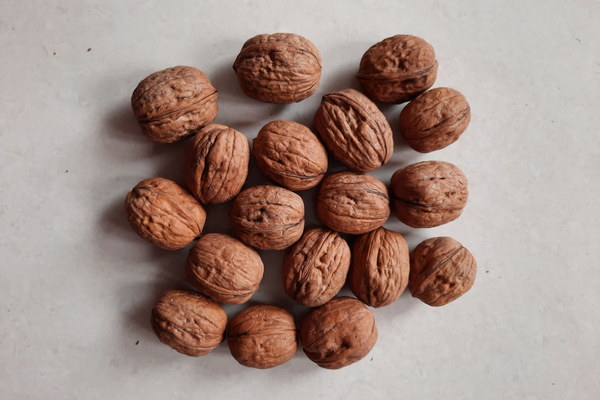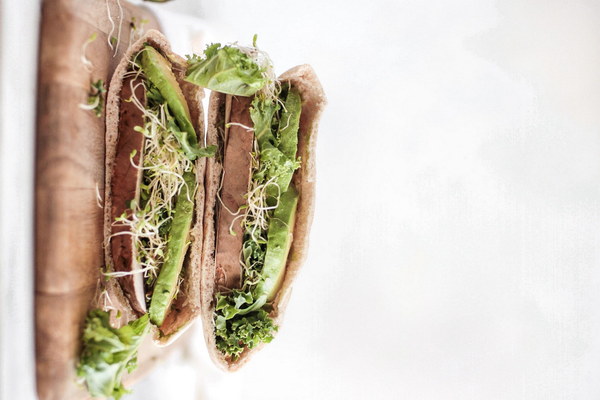Reviving Your Child's Health A Guide to Post-Illness Nutritional Recovery
Introduction:
Recovering from an illness can be a challenging time for children, as their bodies need extra care and nourishment to bounce back. Post-illness, it's crucial to focus on replenishing their nutritional needs to support their immune system and overall health. This article provides a comprehensive guide on how to effectively replenish your child's nutritional reserves after they've been ill.
1. Understanding Post-Illness Nutritional Needs
After an illness, children's bodies require additional nutrients to repair tissues, boost their immune system, and prevent future illnesses. It's important to provide a balanced diet that includes a variety of food groups to ensure they receive all the necessary vitamins and minerals.
2. Hydration is Key
One of the first steps in post-illness nutrition is to ensure your child stays hydrated. Dehydration can weaken the immune system and prolong recovery. Encourage your child to drink plenty of fluids, such as water, herbal teas, clear broths, or electrolyte drinks, depending on their age and preference.
3. Protein for Healing
Protein is essential for tissue repair and immune function. Include lean meats, poultry, fish, eggs, dairy products, legumes, and nuts in your child's diet. For vegetarians or vegans, ensure they're getting adequate protein from plant-based sources like lentils, tofu, and quinoa.
4. Fruits and Vegetables: The Powerhouse of Nutrients
Fruits and vegetables are rich in vitamins, minerals, and antioxidants that help protect against infections and support healing. Aim for a colorful plate by including a variety of fruits and vegetables, both fresh and cooked. Smoothies, fruit purees, and vegetable soups can be appealing options for children who may not be interested in eating solid foods.
5. Whole Grains for Energy
Whole grains provide complex carbohydrates that offer sustained energy, which is crucial for recovery. Introduce whole-grain bread, pasta, rice, and cereals into your child's diet, ensuring they're cooked until soft and easy to digest.
6. Healthy Fats for Brain Health
Healthy fats are important for brain function and overall development. Incorporate sources of healthy fats into your child's meals, such as avocados, nuts, seeds, and fatty fish like salmon, mackerel, and sardines.
7. Easy-to-Digest Foods
During recovery, some children may have difficulty digesting certain foods. Opt for soft, easy-to-chew foods that are gentle on the stomach, such as mashed potatoes, yogurt, and oatmeal. As their appetite returns, gradually reintroduce more textured foods.
8. Avoiding Unhealthy Choices
During the recovery process, it's important to limit sugary and processed foods, as they can weaken the immune system and slow down healing. Offer healthier alternatives like fruit snacks, homemade granola bars, or yogurt parfaits.
9. Monitoring Progress and Adjusting the Diet
Keep an eye on your child's progress and adjust their diet accordingly. If they're not gaining weight or seem to be in pain while eating, consult with a pediatrician or a registered dietitian for personalized advice.
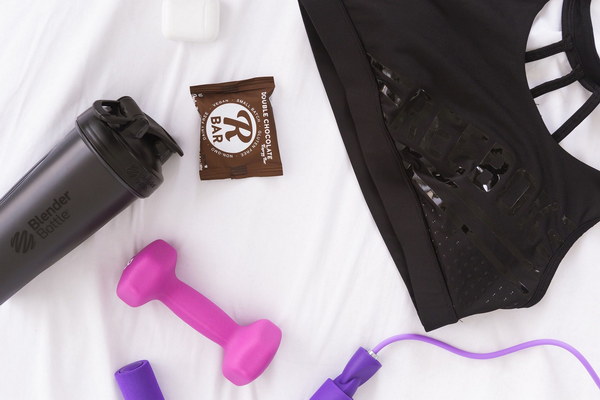
10. Encouraging Mealtimes and Snacking
Encourage regular mealtimes and healthy snacking to ensure your child is getting the necessary nutrients throughout the day. Offer a variety of healthy snacks, such as sliced fruits, vegetables with hummus, or cheese and crackers.
Conclusion:
Post-illness nutritional recovery is essential for your child's health and well-being. By focusing on hydration, protein, fruits, vegetables, whole grains, healthy fats, and easy-to-digest foods, you can help your child regain their strength and vitality. Remember to monitor their progress and consult with professionals if needed, and most importantly, be patient and supportive during this recovery period.
